Table of contents
Crossword puzzles are a favorite pastime for people of all ages, and they are especially beneficial for kids. Not only do they provide hours of entertainment, but they also help boost brain power, improve vocabulary, and enhance critical thinking skills. In today’s digital age, where screens dominate playtime, introducing children to fun puzzles offers a refreshing way to engage their minds creatively. This article explores how these puzzles can benefit children, provides practical tips for getting started, and shares engaging ideas to make learning fun.
Why Puzzles Are Great for Kids
Puzzles are more than just a game—they are an educational tool disguised as entertainment. For children, working on puzzles encourages problem-solving, logical reasoning, and memory retention.
Some key benefits include:
- Vocabulary Expansion: Children are exposed to new words, enhancing their language skills.
- Improved Spelling: Writing answers reinforces proper spelling.
- Critical Thinking: Deciphering clues encourages analytical thinking.
- Focus and Concentration: Completing a puzzle requires attention to detail and patience.
- Memory Boost: Recalling words and definitions strengthens memory.
These puzzles also provide a sense of achievement when completed, boosting confidence and encouraging a love for learning at an early age.
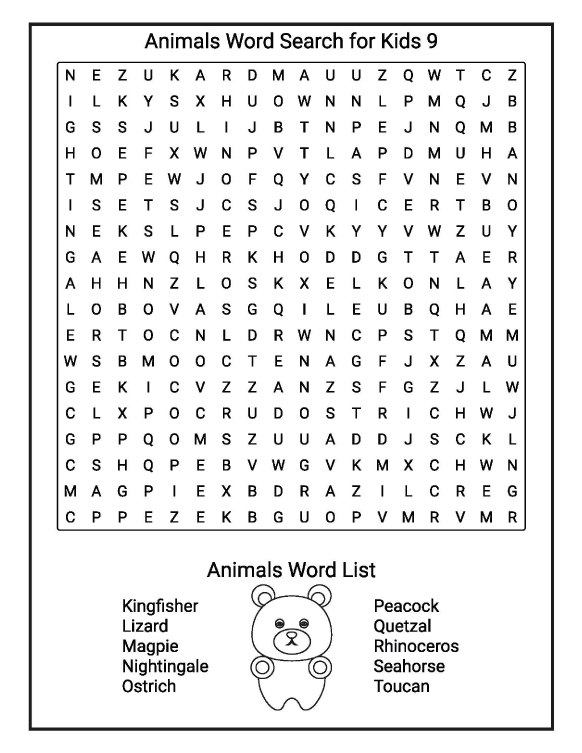
Types of Crossword Puzzles for Kids
When introducing crossword puzzles to children, it’s essential to consider age-appropriate variations. Different types of crosswords cater to varying skill levels and learning goals.
- Simple Picture Crosswords
- Perfect for younger children who are learning words.
- Clues are represented by images, helping children associate words with visuals.
- Example: A picture of an apple with the hint “_ _ _ _ _” to fill in “apple.”
- Word Bank Crosswords
- Provide a list of possible words, making it easier for beginners.
- Encourages pattern recognition and spelling practice.
- Themed Crosswords
- Focus on specific topics like animals, seasons, or holidays.
- Fun for kids because it combines their interests with learning.
- Interactive Online Crosswords
- Digital versions offer hints and instant feedback.
- Engages tech-savvy children while maintaining educational value.
Selecting the right type of crossword ensures children remain motivated and confident as they develop their skills.
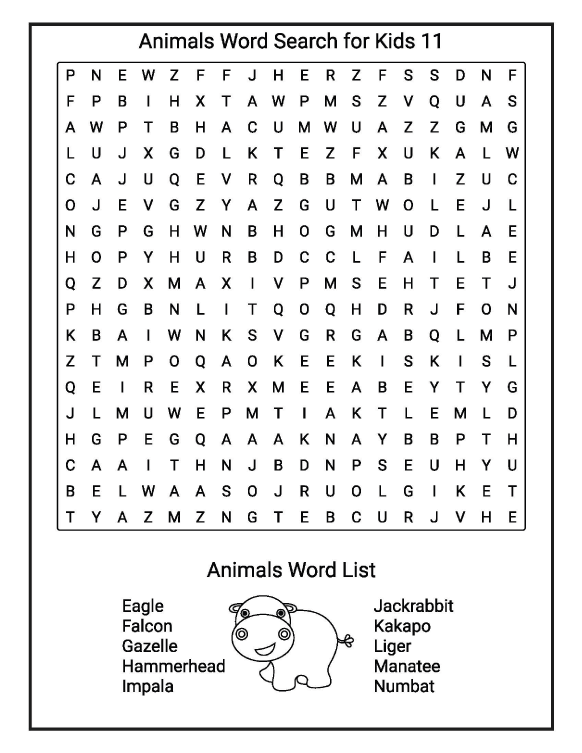
How to Introduce Crossword Puzzles to Kids
Introducing crossword puzzles in a way that is enjoyable is key to keeping children interested. Here’s a step-by-step approach:
- Start Simple: Begin with small grids and simple words.
- Use Themes: Pick topics your child enjoys—animals, space, or favorite characters.
- Solve Together: Work on puzzles as a family activity to make it social and fun.
- Encourage Creativity: Let children create their own crossword puzzles with words they like.
- Celebrate Progress: Praise their efforts, not just correct answers, to build confidence.
By gradually increasing difficulty, children can progress from simple crosswords to more challenging puzzles without losing interest.
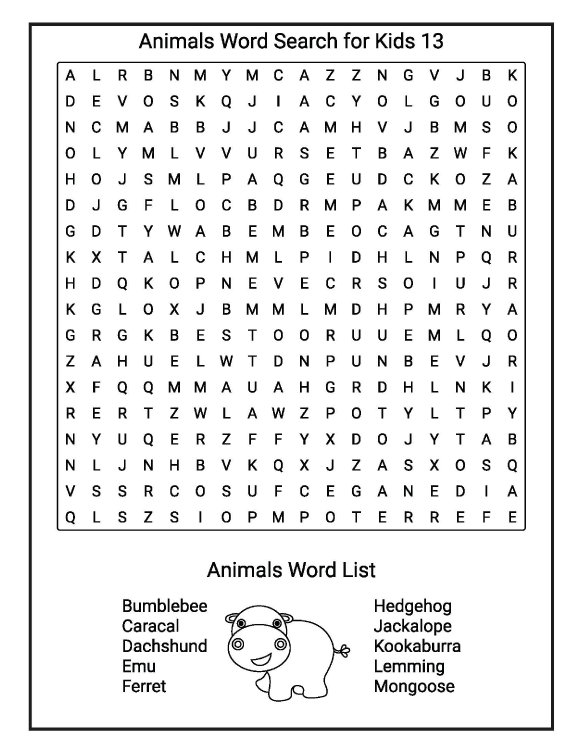
Fun Ways to Make Crosswords Engaging
Crossword puzzles can sometimes feel like work if not approached creatively. Here are some fun ways to keep kids engaged:
1. Turn It into a Game
- Set a timer for completing a crossword and celebrate finishing it within the time limit.
- Create a friendly competition with siblings or friends.
2. Use Rewards and Incentives
- Stickers, extra playtime, or small treats can motivate children to solve puzzles.
3. Incorporate Learning Themes
- Combine crosswords with educational topics like geography, science, or history.
- Example: Crossword puzzles about planets or famous inventors can make learning interactive.
4. Encourage Group Activities
- Working on crosswords in groups promotes teamwork and problem-solving.
- Children can discuss clues and learn from one another.
By making crossword puzzles exciting and rewarding, children are more likely to engage with them regularly, boosting brain development naturally.
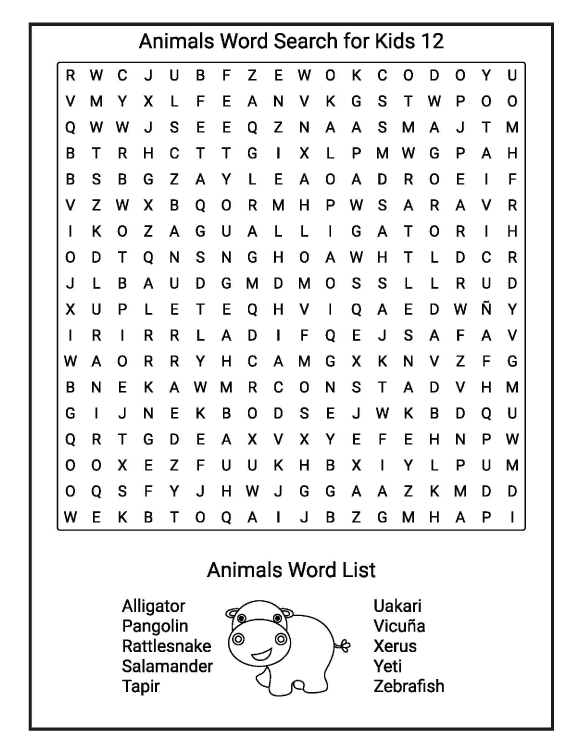
Educational Benefits of Crossword Puzzles for Kids
Beyond fun, crossword puzzles serve as powerful learning tools. The educational advantages extend across several areas:
- Language Development
- Exposure to new words and synonyms improves communication skills.
- Understanding context clues enhances reading comprehension.
- Cognitive Skills
- Crosswords develop analytical thinking, pattern recognition, and problem-solving abilities.
- The logical deduction required helps improve reasoning skills.
- Memory Enhancement
- Remembering words and spelling strengthens memory and recall ability.
- Focus and Patience
- Completing crosswords requires concentration, which helps children develop patience and attention to detail.
- Confidence Building
- Successfully solving puzzles fosters self-esteem and a love for learning.
Research shows that children who engage in regular word-based activities, such as crossword puzzles, often demonstrate stronger academic performance and improved mental agility.
Tips for Parents and Educators
Parents and educators play a crucial role in making puzzles a positive experience. Here are some helpful tips:
- Select Age-Appropriate Puzzles: Choose puzzles that match the child’s vocabulary and skill level.
- Integrate into Learning: Use puzzles as a supplement to reading, spelling, or subject-based lessons.
- Make It Fun, Not Competitive: Avoid pressuring children; the goal is learning and enjoyment.
- Encourage Creativity: Let kids create their own puzzles to reinforce what they have learned.
- Monitor Progress: Celebrate milestones to motivate children to continue exploring puzzles.
Providing guidance without pressure ensures puzzles remain a fun and enriching activity.
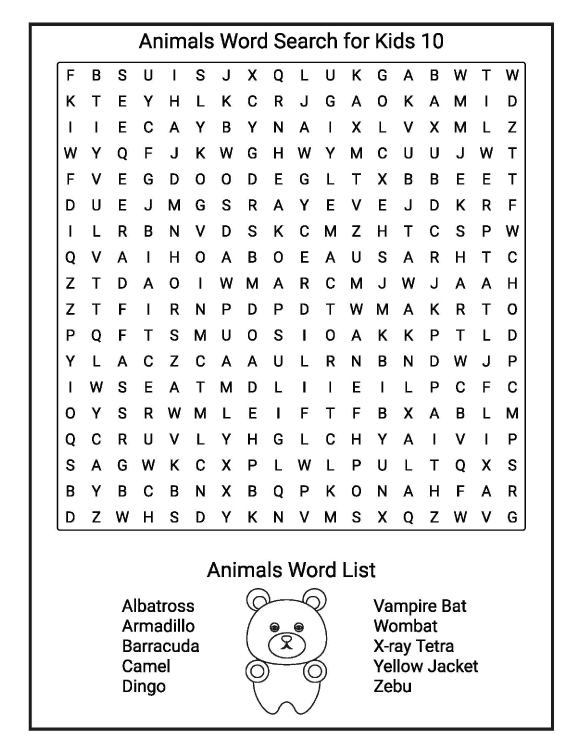
Printable and Online Puzzle Resources for Kids
With the growing popularity of puzzles, there are countless resources for children:
- Printable Versions: Free and easy to use at home or in the classroom.
- Educational Websites: Many websites offer interactive puzzles designed specifically for kids.
- Apps and Games: Digital platforms provide engaging puzzles with instant feedback and rewards.
- Books and Workbooks: Age-specific puzzle books offer a wide variety of themes and difficulty levels.
These resources make it easy for parents and educators to incorporate puzzles into daily routines, ensuring children can benefit from them both at school and home.
Free Printable Mini Crossword Puzzles for Kids — Easy and Educational!
Encouraging a Lifelong Love of Learning
Puzzles can serve as a stepping stone to a lifelong love of learning. By combining education with fun, children develop a positive attitude toward mental challenges and problem-solving. Over time, these small daily exercises in vocabulary, spelling, and logic can lead to stronger academic performance and a curious, active mind.
Encouraging children to solve puzzles also teaches perseverance, patience, and the joy of discovery—skills that extend beyond the puzzle grid into real-life situations.
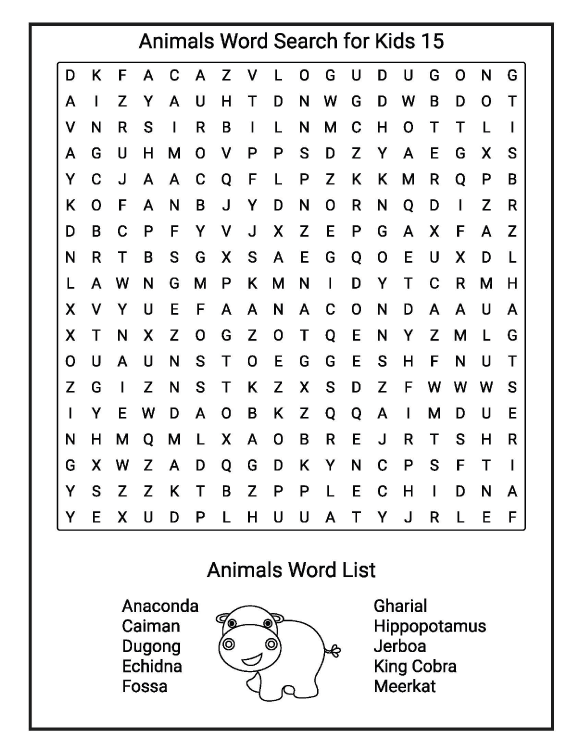
Conclusion:
Crossword puzzles are a fantastic tool for children to have fun while boosting brain power. From improving vocabulary and spelling to enhancing critical thinking and memory, the benefits are numerous. By selecting age-appropriate puzzles, incorporating playful activities, and providing guidance, parents and educators can turn puzzles into an enjoyable and educational pastime.
Whether it’s a simple picture puzzle for younger children or a themed activity for older kids, these puzzles create opportunities for learning, creativity, and engagement. Encouraging kids to embrace puzzles today lays the foundation for a lifetime of learning and intellectual curiosity.
Start with one puzzle a day, and watch your child’s confidence, vocabulary, and problem-solving skills grow—all while having fun!
✏️ Enjoy crossword puzzles and give your child a fun challenge that enhances language and concentration skills. (127 Pages) ✏️